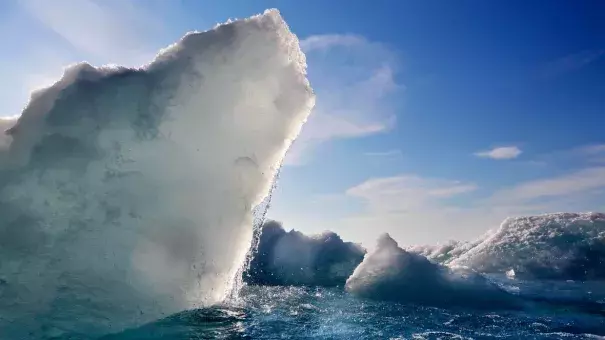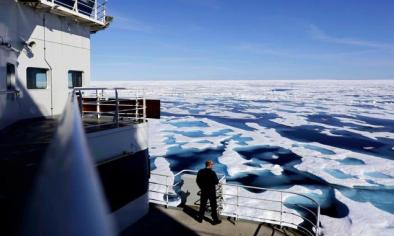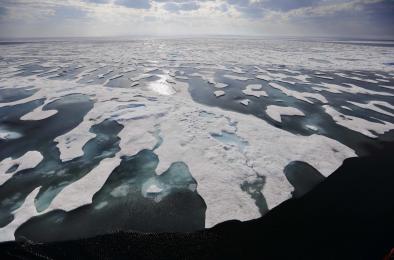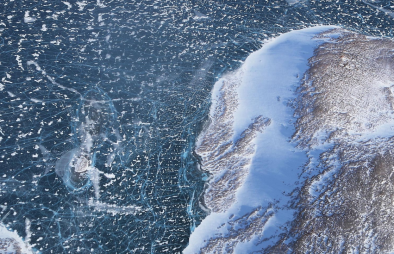Arctic climate change being felt farther south, scientists say

An international summary of five year's worth of research on Arctic climate change concludes the top of the world is getting warmer faster than anyone thought.
And if it all sounds interesting but a little far removed from southern concerns, David Barber has news for you.
"There are very clear linkages there and they've been occurring consistently for the last 10, 15 years," said Barber, one of Canada's top ice scientists and a prominent contributor to the report.
...
The report, completed for the Arctic Council, the group of eight countries that ring the North Pole, was released last week. It represents the work of 90 scientists from around the world and summarizes the most recent research from 2010 to 2016.
...
Then there's this: "There are emerging impacts of Arctic change on mid-latitude weather/climate."
Barber's already seeing it.
Last spring, he was on an Arctic voyage on the Coast Guard's research icebreaker, the Amundsen, when the trip had to be cancelled because the ship was pressed into weeks of search-and-rescue duty. Massive chunks of sea ice up to eight metres thick — ice that had migrated all the way from the Lincoln Sea north of Ellesmere Island — were threatening the maritime crab-fishing fleet
"It should not have been there," Barber said. "It was sinking little fishing vessels. It was causing problems with tankers stuck in the ice."
While the effects of climate change are already being felt across the landscape in the Arctic, such as on wildlife, the effects will stretch down into the rest of Canada soon. (Martin Harvey/WWF)
Breakdowns in the normal weather patterns in the High Arctic were allowing heavy, dangerous ice to drift further south.
"We expect this to happen more often in the future."
Barber said at least 15 new academic papers add weight to the theory that the loss of sea ice is causing changes in the upper atmosphere that disrupt southern temperatures and rainfall.
Related Content





